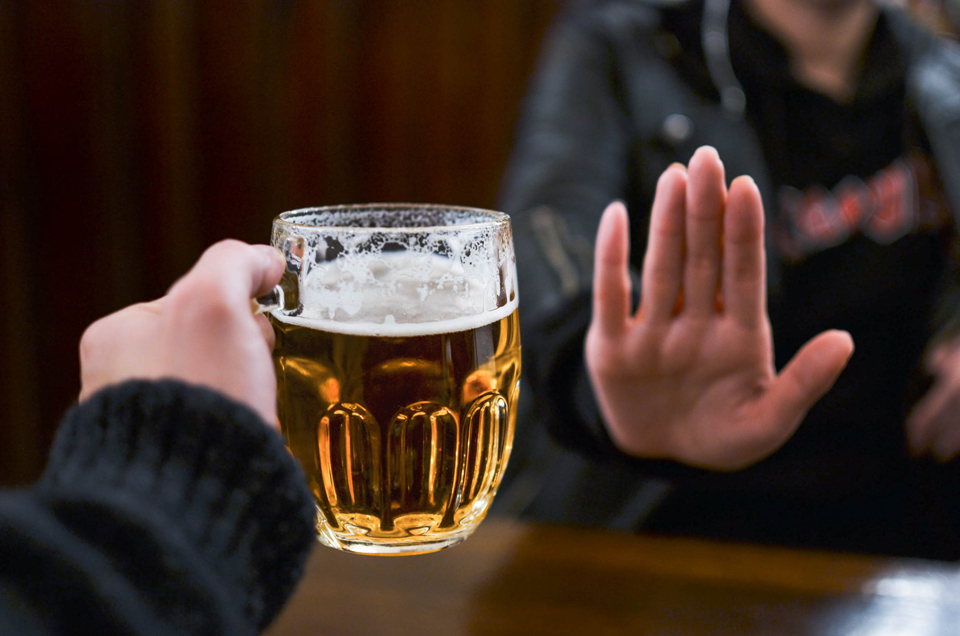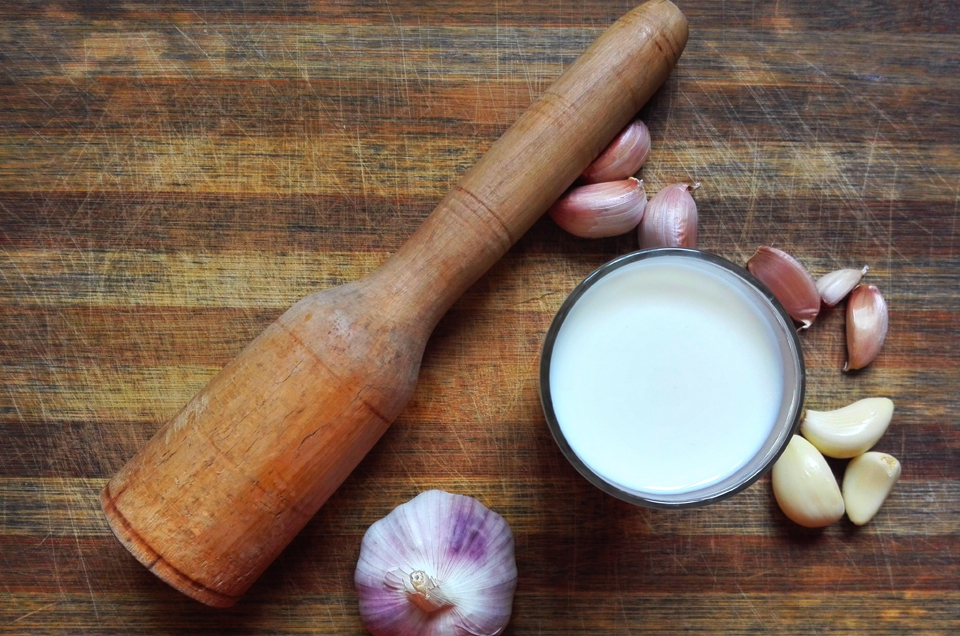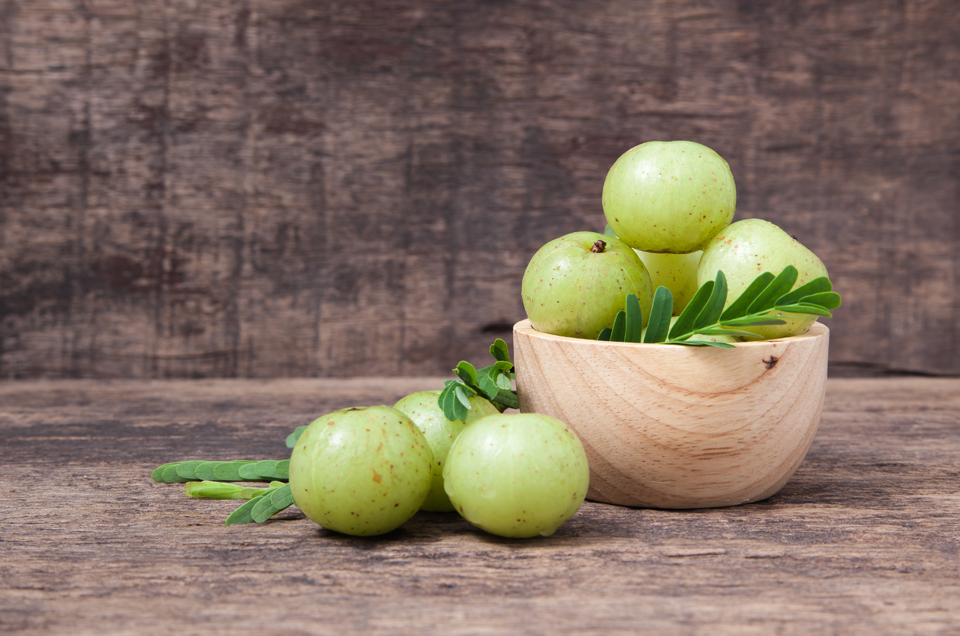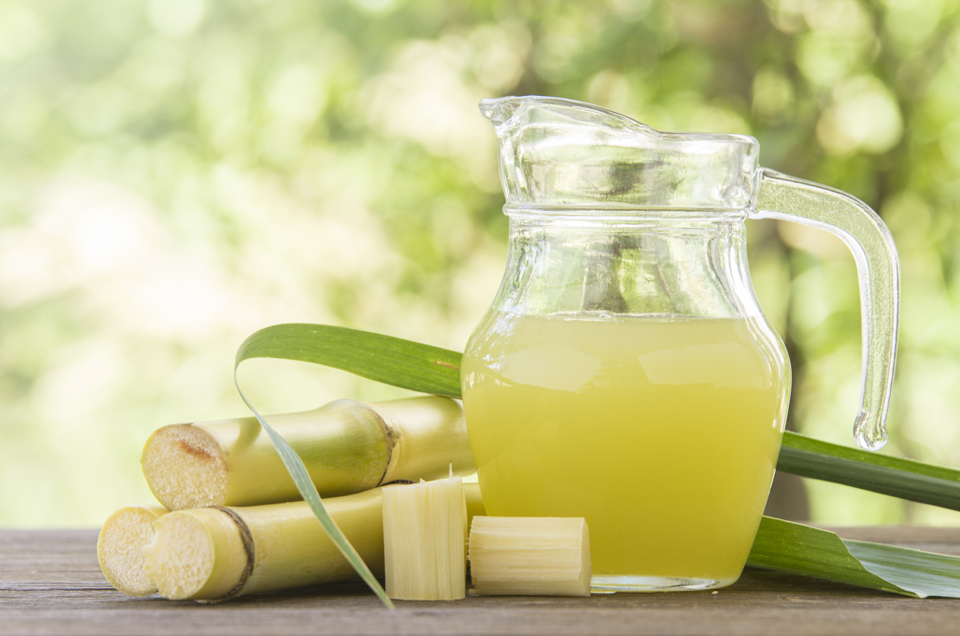Caffeine:
An excessive amount of caffeine could cause migraines. People who have a sensitivity to caffeine can get migraines after consuming coffee, dark tea, green tea extract, cola carbonated drinks or other caffeinated drinks.
Frozen foods:
Eating iced foods and beverages like snow cream or slushies can result in severe, stabbing aches and pains in the top of the head. You’re very likely to experience headaches that quickly turn into migraines if you’re eating chilled meals quickly, after a workout, or when overheated.
Meats:
Deli meat, ham, hot canines, and sausages, all contain preservatives known as nitrates, which protect the color and taste of the meat. These food types can launch nitric oxide into the bloodstream, which is considered to dilate the arteries in the brain.
Alcohol:
Alcohol is amongst the more prevalent products considered to trigger migraines. Burgundy or merlot wine and beer are usually the triggers for approximately 25 percent of individuals who obtain regular migraines. Alcoholic beverages could cause dehydration, which really is a significant contributor to developing headaches.
To know more on what you should eat and what food items you should avoid in Migraine, consult a jiva doctor today.





 Prev
Prev






























